In any case, last night I finally made my way to what is my favorite passage in the book, the passage that probably contributed most toward my considering Animal Dreams my favorite book in the first place. It's from the chapter titled The Tissue of Hearts, and it's part of a conversation between Codi, a medical school dropout with a string of random careers and difficult relationships behind her, and her father, Doc Homer, whose growing senility makes him float seamlessly between the past and the present. Medicine is one of the few topics about which he remains fairly lucid, and he seems to think it is one of the few ways he can connect with his somewhat estranged daughter.
"Why do you suppose the poets talk about hearts?" he asked me suddenly. "When they discuss emotional damage? The tissue of hearts is as tough as a shoe. Did you ever sew up a heart?"
I shook my head. "No, but I've watched. I know what you mean." The walls of the heart are thick and strong, and the surgeons use heavy needles. It takes a good bit of strength, but it pulls together neatly. As much as anything it's like binding a book.
"The seat of human emotion should be the liver," Doc Homer said. "That would be an appropriate metaphor: we don't hold love in our hearts, we hold it in our livers."
I understand exactly. Once in ER I saw a woman who'd been stabbed everywhere, most severely in the liver. It's an organ with the consistency of layer upon layer of wet Kleenex. Every attempt at repair just opens new holes that tear and bleed. You try to close the wound with fresh wounds, and you try and you try and you don't give up until there's nothing left.
No, stab wounds and anatomy are not what I typically look for in a novel, but that metaphor alone should guarantee Barbara Kingsolver a solid place in the literary canon.

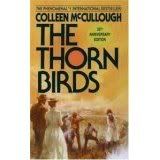
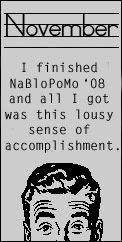

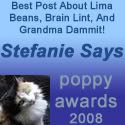

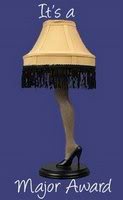
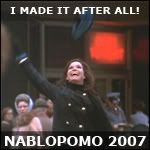



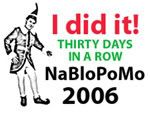

No comments:
Post a Comment